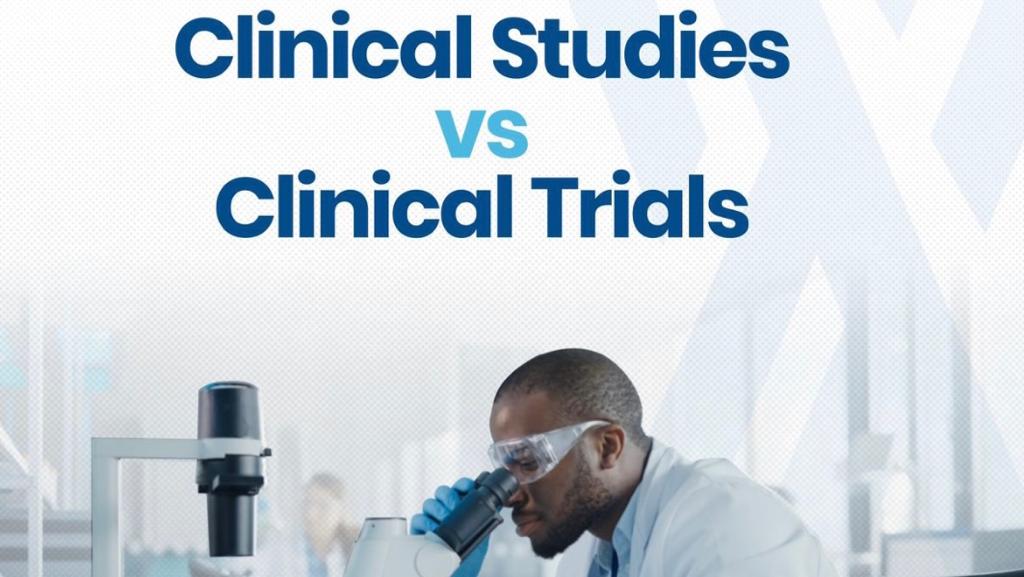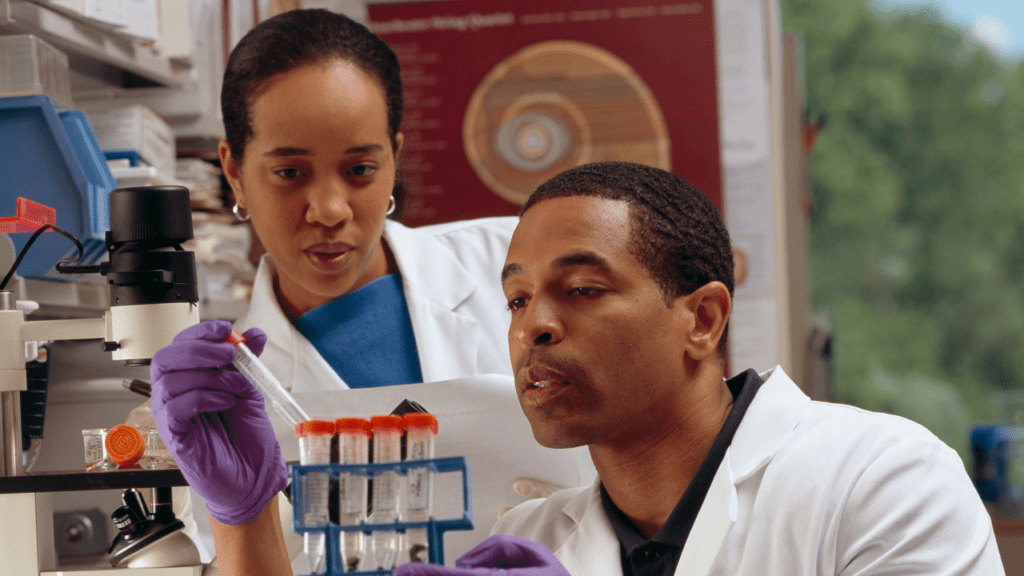Diversity in Clinical Trials and Research: 9 Reasons Why It Matters
The lack of diversity in Clinical Trial participants has some significant negative effects on both the African population and the Clinical Trial sponsors. Sponsors pass up the chance to carry out very inexpensive research with a broad patient group, frequently enrolling people who have never had any therapy for their ailment while the populace has […]
Diversity in Clinical Trials and Research: 9 Reasons Why It Matters Read More »









